19 Mar 2019
Packaging: eco-design and recycling can reduce environmental impact
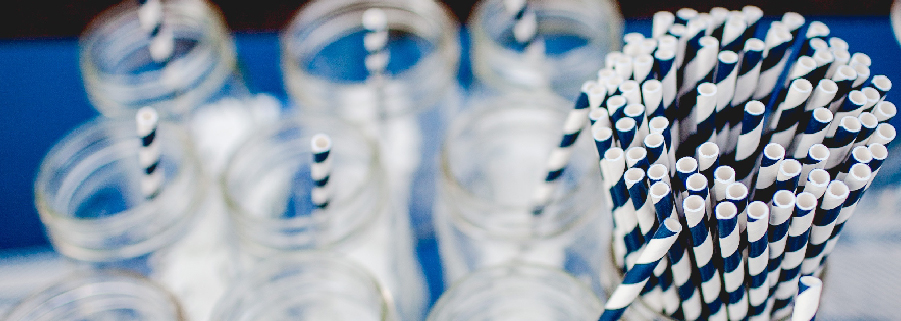
Awareness of the environmental cost of plastic waste from food packaging is now widespread amont consumers and food professionals. In addition, new regulations are inciting our sector to develop innovative solutions to get around the vast problem. For all that, plastic is still the material used in 98% of food packaging.
To address this major challenge for the food sector, what solutions are on offer that offer genuinely sustainable solutions? To what extent should we prioritise ecodesign, and invest in recycling systems? Julien Bouzenot, director of Rudologia, gives us some pointers.
Plastic is (not so) fantastic…
98% of food packaging is plastic! While the vast majority of food businesses still use plastic packaging, consumers are far from approving of this stance: according to a 2018 survey by Tipa Corp, 89.3% of consumers are worried about the environmental impact of plastic packaging... And with good reason. Unline glass, cardboard or even metal, recycling plastic is not so simple - only a few types of plastic like PET (used in bottled water) and PEHD (used in milk bottles) have efficient recycling systems in place.
Not surprisingly, 62% of consumers say they would play a higher price for plastic free products (again according to the Tipa Cord survey).
Looking beyond the laudable declarations of consumers, food professionals are coming up against new regulations in favour of increasing sustainable practices. In France, the Lambert parliamentary amendment has been adopted that dictates a ban on disposable cutlery, pots and cups by 2020, and the draft directive by the European parliament is also considering a ban on single use plastic objects (straws, plates, bags, cups etc.) by 2021.
While no regulations are currently imposing the recycling of plastic packaging, providing consumers with a more palatable version of packaging could provide leverage for your company's CSR strategy, as well as adapting to a strong emerging market trend. The result being a chance to stand out from your competition and create added value for your products. What solutions are there to hand?
Eco-design: une solution pour plus de naturalité
What is ecodesign?
Ecodesign is a strategy consisting of integrating environmental protection criteria over a service or a product’s lifecycle. ADEME has developed a number of guidelines for ecodesign of packaging (more info here: eco-communication.ademe.fr - in French):
- Prioritising single-material packaging or as few additional materials as possible in order to make recycling easier
- For multi-material packaging, make sure the are easy to separate for efficient sorting
- Efficient use of inks, limiting the number of colours, for example, or choosing low environmental impact inks (in particular those of plant origin)
- Reduce amounts of glue or adhesives and choose options with low impact on recyclability
Examples of ecodesigned food packaging
In the food sector, ecodesigned packaging are on the rise. Here are a few examples:
- The Leerdammer cheese packaging developed by Bel Group: it is made up of 24% recycled PET, and is itself 100% recyclable. This innovative solution increases by 85% the total amount of recyclable or biodegradeable packaging used by Bel.
- Traditionally using packaging mixing wood and plastic, Le Crottin de Rians, a cheese manufactured by Triballat, is now available in single-material packaging to promote recycling.
- For the beverage company Spadel, the whole bottle is taken into consideration: they are recyclable (all their product lines' bottles are 100% recyclable), and the paper of the labels is recycled or FSC labelled, and uses plant-based inks.
- In the meat aisle, Terrena's organic brand, Bodin, has recently presented a non-rigid packaging for their chicken fillets. This allows the company to reduce by 75% the amount of plastic used in their trays.
- Also noteworthy: more concerned with usage than strictly the packaging, Loop offers consumers the delivery of mainstream brands (Danone, Lesieur, Milka, Coca-Cola, etc.) wih reusable packaging, on the basis of a returns model. The platform will be launched in a few months in the Paris region before expanding to the rest of France and the USA. An initiative that focuses on consumer usage, but also on the ecodesign of reusable containers.
Optimising recycling is a question of coordination
While many food packaging recycling ideas are emerging, are they really reaching the full potential in terms of recyclability? According to Julien Bouzenot, director of Rudologia, an expert centre on waste manageent, created in 2002 with the support of Jacques Pélissard, a former environment minister in France, "This is a tricky question as in theoretical terms, a lot of packagings are indeed recyclable. However, there is not always a system in place for each type of packaging. For each material, you need to understand how each link in the chain fits together, from the one discarding the material to the one making new products from the waste material. This is especially true for plastic packaging"
"For example, although single-material packaging is technically easier to recycle, it is still not systematically recycled. Either because the plastic resin is not used in sufficient quantities on a national level for the plastic regenerators to be economically viable. Or because, even for some types of plastic that recycle well like PET, the sorting of the material into the right bin at the beginning of the chain is not yet systematic (by consumers, but also by professionals). In fact, we know that 4 out of every 10 pastic bottles are never sorted."
According to Citeo, 68% of household packaging is recycled. This marks a degree of progress over the last 25 years: in 1992, only 18% was recycled. However, there is still progress to be made. "We need to have a coordination between the players," explains Julien Bouzenot. "The packaging manufacturer, the distributor of the packaged product, the consumers who sort the waste, the local authorities who manage the waste retrieval and disposal, and the recycling centres."
For Julien Bouzenot, there is no doubt that there is a long road ahead. "In France, one plastic packaging out of four is recycled, and more broadly, only 23% of all plastics (cars, appliance, construction etc.) are recycled... although some of our European neighbours are at over 50%!"
Supporting the development of recycling platforms
"Recycling systems have the goal of separating materials in view of reincorporating them in new objects," explains Julien Bouzenot. "The waste materials from our packaging are thus destined to be alternatives for so-called "virgin" materials, those directly manufactured from natural resources (forests, oil, ore, sand etc.)."
Despite this competition from virgin materials, some solutions already exist. "Adequate responses will depend on improving the quality of recycled materials, as well as incentives for incorporating more recycled plastic into new products (regulatory or financial incentives, such as are currently being debated on a number of levels)."
Giving consumers the right information
The preoccupations of consumers with preserving the environment and recycling packaging may be entirely sincere, but the reality of sorting household waste is more complex than it seems: in what bin do you put your multi-material packaging? How can you be sure that this bottle is recyclable? What do you do with aluminium foil from this cheese segment?
Julien Bouzenot is optimistic: "In the space of 25 years, sorting our waste was become an integral part of our reflexes as French citizens towards protecting the environment." However, he notes that the more sorting instructions are detailed, the more they risk to discourage even the most committed. He encourages professionals to continue their efforts in terms of education and communication, espectially amont teens and young adults - "although they have often been made aware as children, they tend to forget their good habits."
While local authorities are the frontline players in regards to raising awareness among consumers, food businesses also have a role to play. For example:
- Expaining the right sorting to carry out for multi-material packaging: 100% of Fleury Michon's supermarket product packagings have clear instructions on how to sort them ("plastic film goes in the bin", "cardboard box goes in the recycle container"). Another path is encouraging consumers to read a sorting guide, such as the on published on ecoemballages.fr.
- By informing consumers of the recyclability of the materials used and their impact on the final product. Your plastic film is made from plant material to make it biodegradeable: its good first step. Does this change in packaging have any consequences for your product: a shorter shelf-life? less attractive packaging, or just a but different? Tell your consumers about it!
Go further
Vitagora team is currently working on a number of projects with our members on how to optimise the impact of their packaging. If you need any help, let us know: elodie.dasilva@vitagora.com




 Home
Home

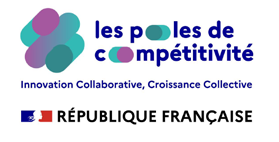

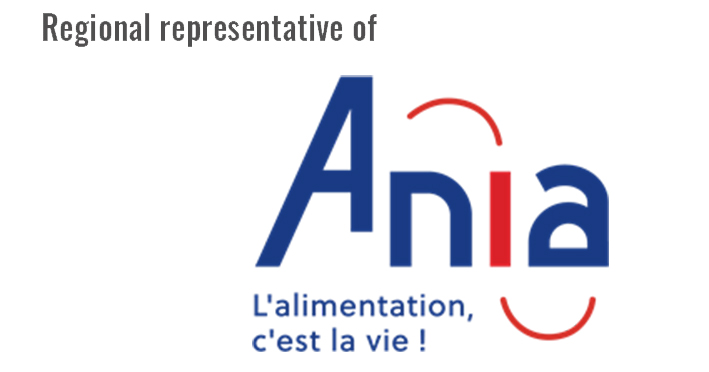

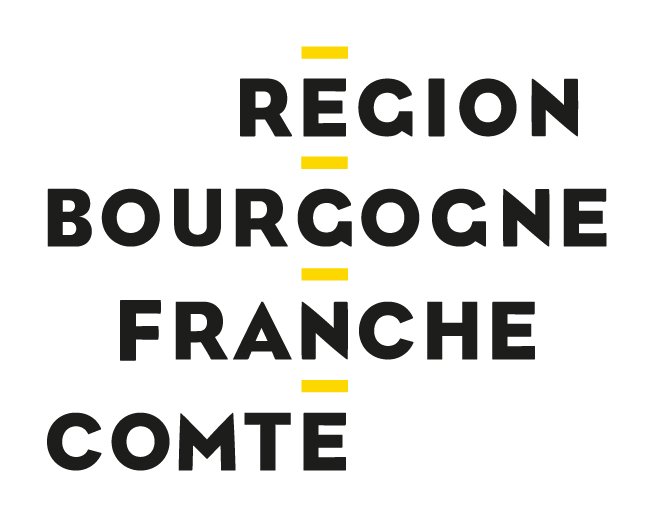
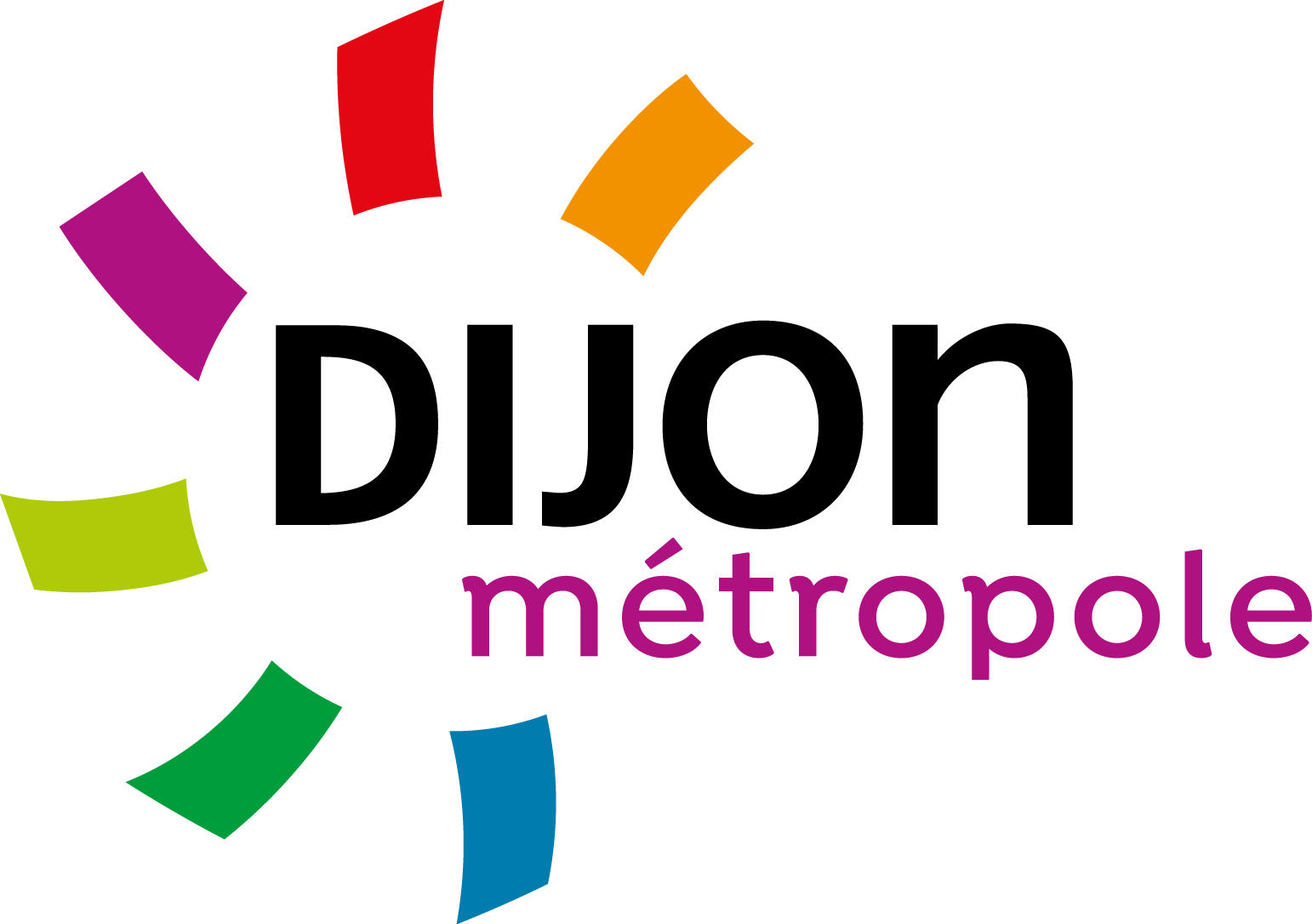









Share your opinion